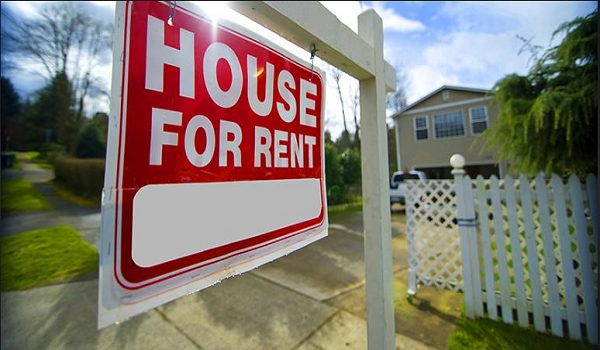Toronto rents will only be affordable to minimum-wage workers who earn double the current amount, report finds
Minimum wage workers in Toronto aren’t earning anywhere close to what’s needed to have affordable rent, and it’s unlikely to ever catch up.
That’s according to a Canadian Centre for Policy Alternatives (CCPA) report that found from October 2022 to October 2023, minimum wage increases fell behind rental wage increases in all provinces except Manitoba.
In Ontario, minimum wage increased by 6.8 per cent in a year, while rent for a two-bedroom home increased by 10.3 per cent, according to the report released Wednesday.
“The negative impacts of exorbitant housing costs go beyond housing insecurity,” report co-authors David Macdonald and Ricardo Tranjan said.
“High rents make it hard for businesses to attract and retain workers in certain cities. They also impact how much disposable income families spend on other goods and services. The impact of skyrocketing rents on the overall economy deserves more attention.”
Nearly all minimum wage workers putting in a standard 40-hour week face rents that exceed 30 per cent of their monthly pre-tax income, the standard measure of housing affordability. According to CCPA, the rental wage is the hourly wage required to have affordable rent.

In Toronto, the minimum wage is $16.55, set to rise to $17.20 an hour on Oct. 1. To have affordable rent someone would need to earn $37.31 for a one-bedroom and $44 for a two-bedroom — at least double for both rents.
Another way to measure rental affordability is to calculate the number of minimum-wage hours needed to pay the average monthly rent. In 2023, in 29 out of 37 census metropolitan areas (CMA) in Canada, rent for a two-bedroom unit consumed 80 or more hours of minimum-wage work. In 18 of these CMAs, rent consumed 100 hours or more.
In Toronto, rent on a two-bedroom unit required 138 hours of minimum-wage work, “leaving precious little for other essentials,” the report said.
The report shows that among 62 urban areas, minimum-wage workers can afford a one-bedroom apartment in only nine regions and a two-bedroom apartment in only three. Affordable rentals are available in Brandon, Man.; in Cape Breton, N.S.; and in seven smaller Quebec cities.
At the other end of the spectrum, tenants in Vancouver, Toronto, Victoria, Kelowna, Ottawa, Calgary and Hamilton cannot afford a two-bedroom unit even with the combined income of two full-time minimum-wage workers. In Vancouver and Toronto, two minimum-wage earners can’t even afford a one-bedroom apartment.
The report authors argue that government could do more to improve rental legislation to slow down rapid rent increases across the country.
“The disconnect between low wages and high rents is not a ‘market imbalance.’ Across the country, laws and regulations related to renting are designed to ensure that there are few limitations on landlords’ ability to boost profits,” the report authors said.

“Landlords don’t need to increase rents in vacant units by 20, 30, or 40 per cent. They do it because governments allow them to do it.”
Between October 2022 and October 2023, 12.5 per cent of rental units in Canada saw a change of tenant. At the turnover from the old to the new tenant, landlords increased rents by an average of 24 per cent. In Toronto, the average increase was 40 per cent.
“Similar increases happened the year before, and there is no reason to believe similar increases won’t happen next year. Rents are out of control and have been for some time,” the report added.
In Ontario, Premier Doug Ford enacted legislation so that rent control would only apply to rental units created and occupied prior to Nov. 15, 2018 — meaning new buildings, additions to existing buildings and most new basement apartments that were occupied for the first time for residential purposes after this date would be exempt.
“Provincial governments have the authority to impose or strengthen rent controls, but they’re not doing so,” the report said.
“There are many things that could and should be done, but enacting strong rent control is the most obvious measure and the one that would have the most direct impact on stopping the proffering that is driving rents up across the country.”
This article was first reported by The Star













